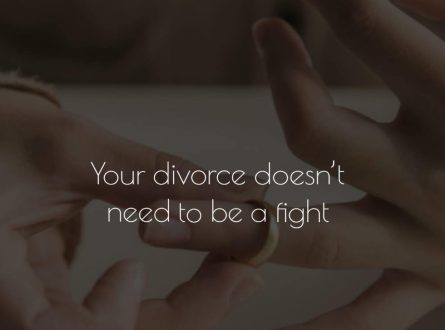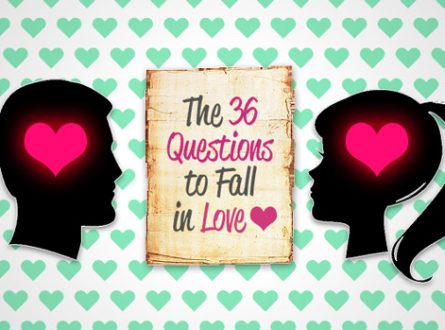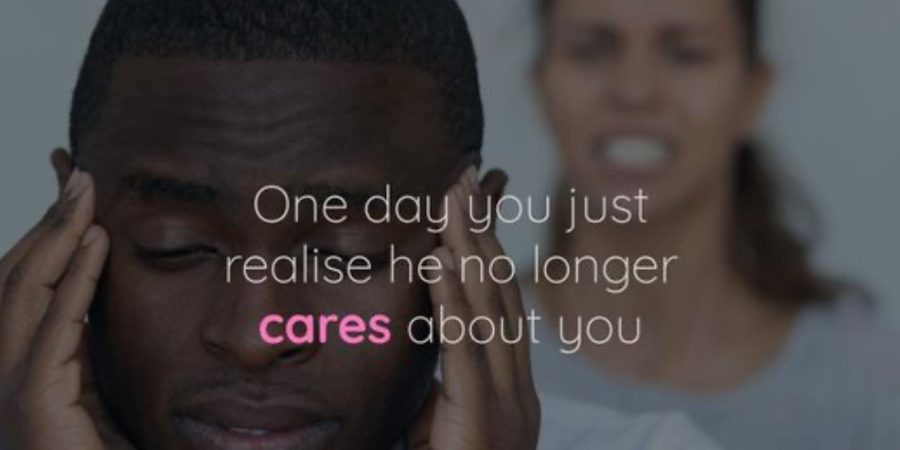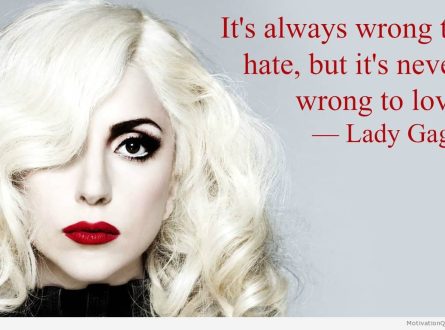“I just don’t love him anymore. Every day is a struggle, but leaving isn’t easy.”
These words came from a woman seeking help—and they’ve echoed in my mind ever since. The first time I heard them, it shook me. As a husband, I went home that day, held my wife’s hand, and told her, “If I’m ever doing something that’s making you lose feelings for me, please tell me. I promise I’ll listen. I’ll change.” She didn’t fully understand why I was saying that. But I did.
What started as an isolated case has since become a recurring theme. More and more people—especially women—are quietly opening up about the emotional prisons they find themselves in. The scariest part? Many still stay silent, afraid that no one will understand, that their feelings will be dismissed or misjudged.
What they describe is not just sadness—it’s deep, silent suffering. It’s feeling alone even when someone is lying beside you. It’s guilt washing over you every time he walks into the room. It’s the forced smiles, the heavy silence, and the slow fading of intimacy. Sometimes, there’s even the presence of someone else—someone new, who makes you feel again. And yet, that new connection is often shrouded in shame, because people will assume that is the reason love was lost, when in truth, the love had already withered long before.
Sex becomes a chore. Conversations become transactional. And inside, a desperate longing grows—not just for another person, but for freedom. The freedom to breathe without pretending. The freedom to feel loved again.
Fear is natural. But silence? Silence is what traps people in emotional torture chambers, slowly eroding their identity, their joy, their strength. Many find themselves mentally retracing their steps, wondering where things started to go wrong, and trying to fix what can’t always be fixed.
Even harder to admit is how easy it becomes to care for someone new. The heart doesn’t always follow the rules. It seeks what it needs—tenderness, attention, care. And in marriages that have become emotionally one-sided or abusive, even a simple act of kindness from another can feel like salvation.
Not everyone reaches this point. Some manage to mend what’s broken. Others grow bitter, harboring resentment toward the partner they feel has emotionally abandoned them.
But if you’re here—reading this, resonating with it—you didn’t arrive at this place overnight. There’s a story behind it. A slow, painful progression. And now, you might be asking:
-
How did I get here?
-
Why am I still here?
-
How do I move on?
These questions matter. And they deserve honest answers, not judgment. If you have access to professional help—take it. Therapy can offer a safe space to unpack your emotions, make sense of your decisions, and plan a path forward.
You don’t have to keep smiling to hide your tears. You don’t have to carry the weight of your pain alone.
Behind the curtain, none of us are perfect. But we all deserve to feel safe, seen, and loved.


















